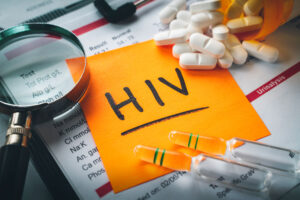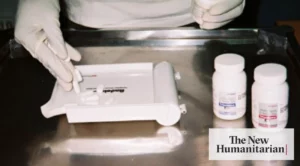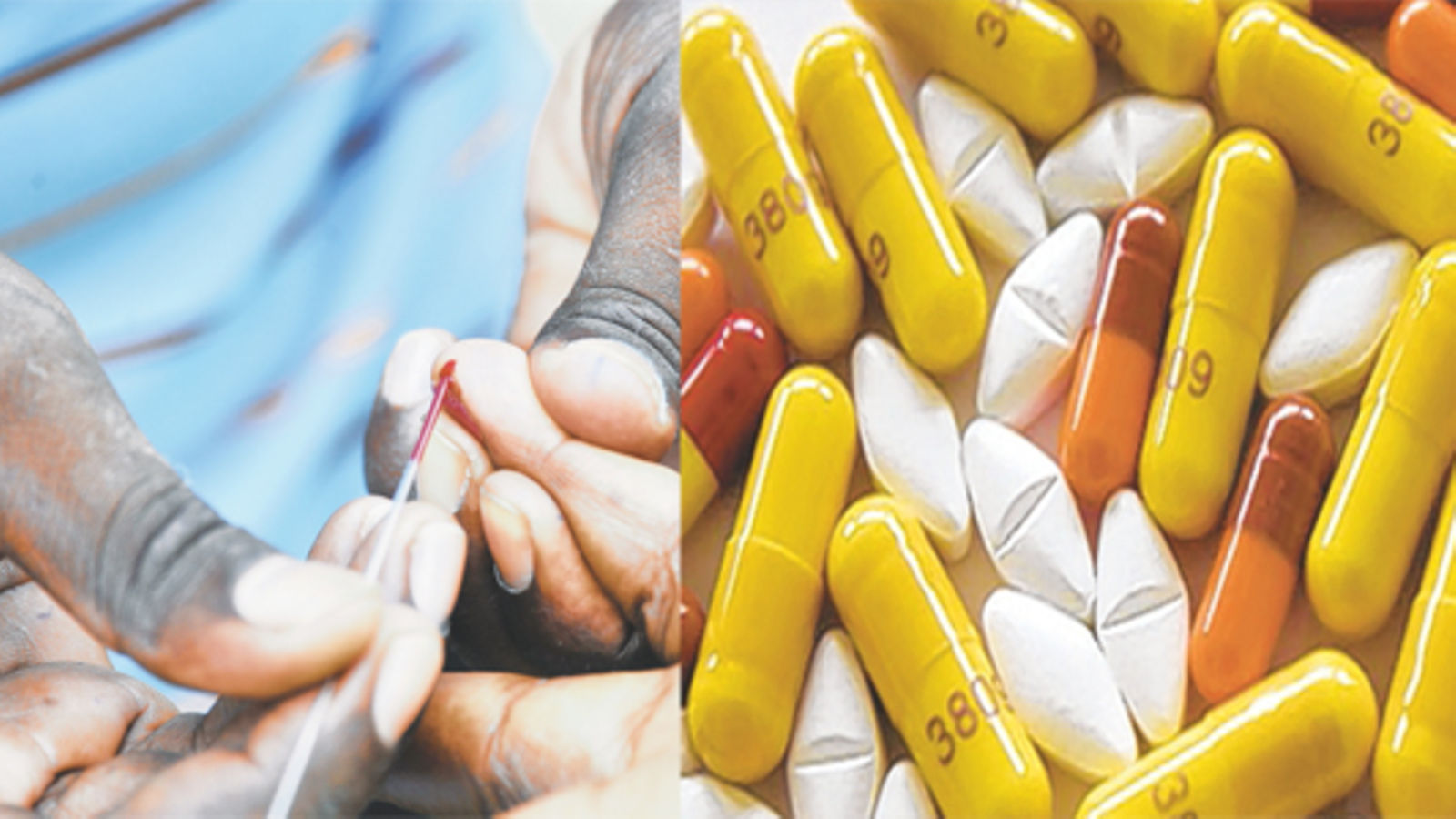In a bold move toward pharmaceutical independence, Tanzania has announced plans to revive the Tanzania Pharmaceutical Industries (TPI) plant in Arusha for the local production of antiretroviral (ARV) drugs.

Health Minister Jenista Mhagama revealed the initiative on Monday, June 2, 2025, while presenting her ministry’s proposed TSh1.61 trillion budget for the 2025/26 fiscal year before the National Assembly in Dodoma, Tanzania’s political capital.
“This project will strengthen our health sovereignty,” Mhagama said, emphasizing the need to reduce reliance on international donors.
Tanzania has historically depended on external health financing—particularly from the U.S. President’s Emergency Plan for AIDS Relief (PEPFAR)—to sustain its HIV treatment programs. However, recent budget cuts have led to disruptions in HIV services across Eastern and Southern Africa, compelling Tanzania to rethink its funding model.
The TPI plant, originally established decades ago but dormant for years, will be equipped to produce a wide range of essential medicines including ARVs, malaria drugs, tuberculosis (TB) medications, and injectables. It is part of a broader government strategy to revitalize local drug manufacturing and ensure consistent supply of key health products.

The health minister disclosed that ten new pharmaceutical and medical equipment factories have already been established with government support. These plants are producing therapeutic water, laboratory reagents, tablets, and liquid medicines.
“With these investments, we are securing the future of healthcare in Tanzania,” Mhagama told Parliament.
To manage the funding gap caused by external cutbacks, the government allocated TSh202 billion between March and June 2025. Out of that, TSh93.16 billion has already been used to procure ARVs and other vital medicines for TB and malaria treatment.
Also Read; Brazil Takes BRICS Leadership Amid Global Shifts
The local production drive will also provide a cushion in case of future global supply chain disruptions, like those seen during the COVID-19 pandemic.
Experts in the health sector have praised the shift, describing it as a long-overdue realignment of national priorities. “We’ve known for years that overdependence on donors is risky,” said a senior health policy analyst at Muhimbili University. “This is a significant policy shift.”

Once fully operational, the revitalized TPI plant is expected to produce up to 500,000 ARV tablets monthly, with the potential to scale for regional supply. The move is also aligned with the African Union’s Agenda 2063 which encourages self-sufficiency in health and medicine.
More importantly, it offers hope to over 1.7 million Tanzanians currently living with HIV, ensuring that treatment is uninterrupted regardless of international politics.
The government says it remains committed to maintaining a robust National Health Insurance system while also expanding manufacturing capacity to cover local and regional needs.







